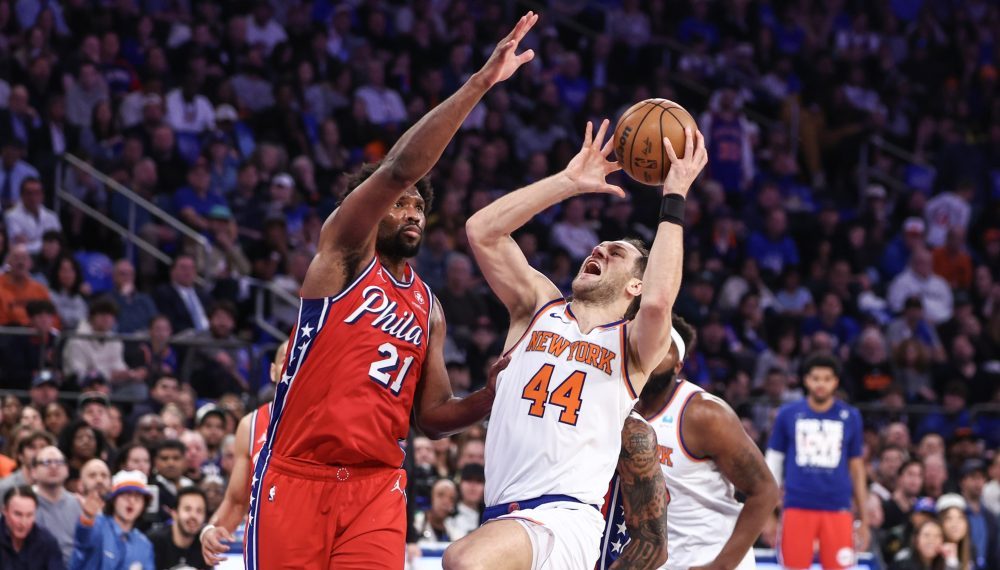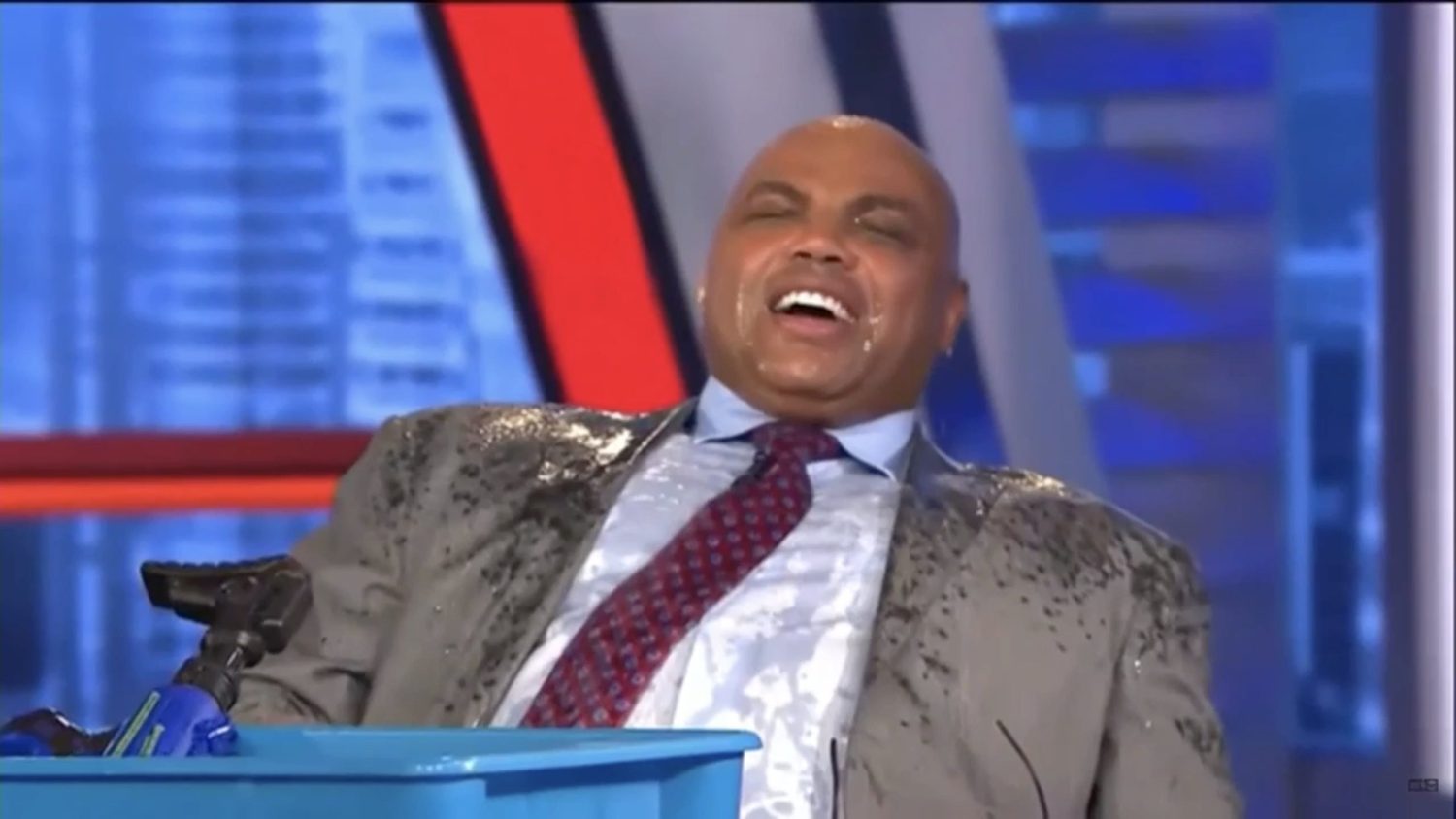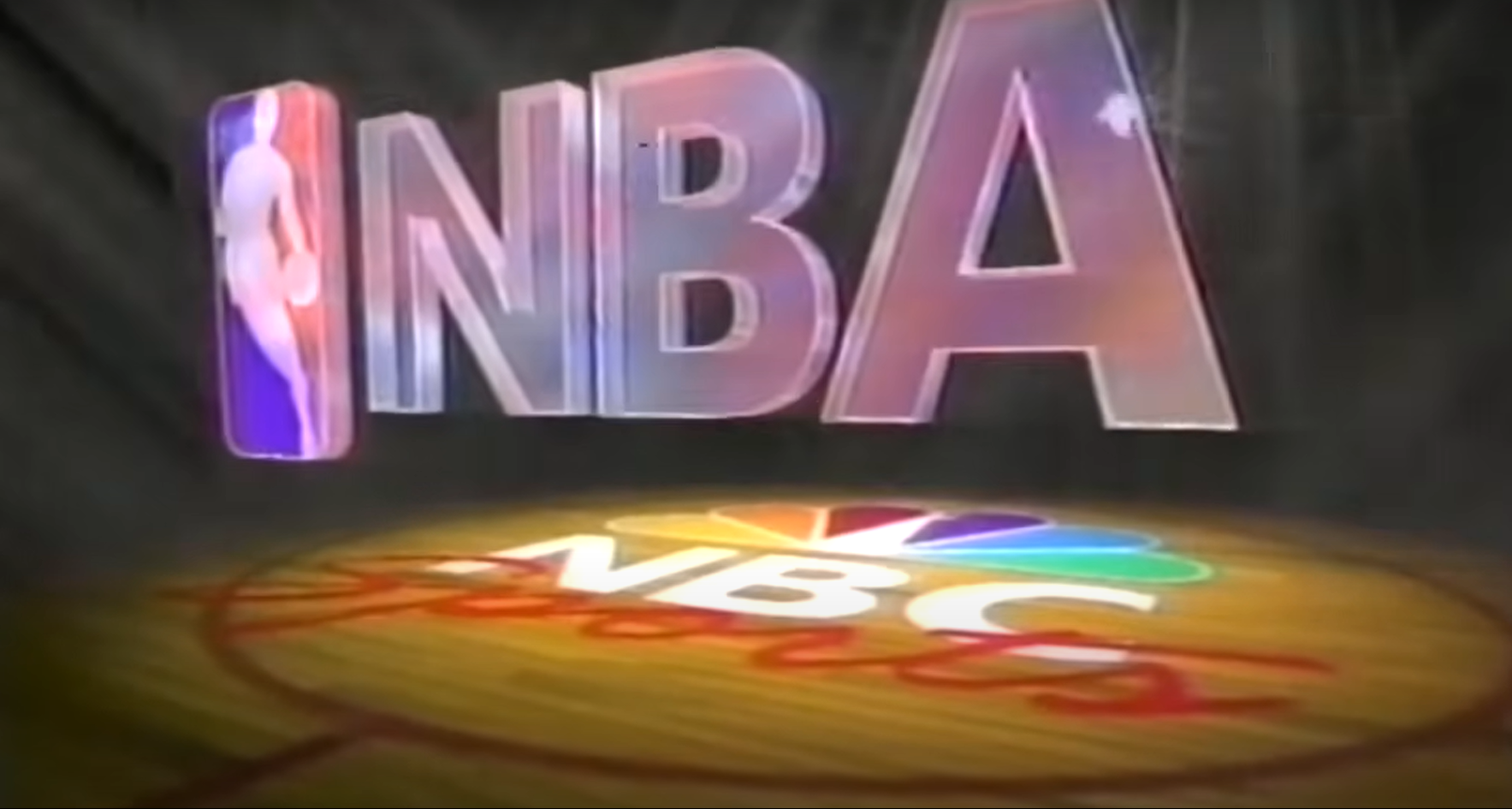It’s not just baseball making dramatic rule changes to try and shorten games. MLB has done that with pitch clock enforcement, reducing the amount of time between plays. College football is taking a different approach, altering how the game clock runs. As per Dennis Dodd of CBS Sports, NCAA Division I and Division II football are going away from the old practice of stopping the clock after first downs (except for in the final two minutes of each half), with only Division III dissenting and keeping the old rule.
Breaking: For the first time since 1968 clocks will no longer stop on first down in NCAA games. PROP approves rules changes for all except — surprisingly — Division III, which pushed back. https://t.co/fcTBTaw42u
— Dennis Dodd (@dennisdoddcbs) April 21, 2023
The “PROP” referenced there is the Playing Rules Oversight Panel, which annually looks at changes proposed by the NCAA Football Rules Committee (which proposed this change in March). Dodd writes that this particular change is expected to lead to around seven less plays per game:
Stopping the clock after first downs has been one of the rules that has differentiated college football from the NFL since 1968. Allowing the clock to run is expected to reduce the number of plays by an average of seven per game, according to Steve Shaw, secretary-editor of the rules committee.
…The PROP is also expected to approve two other recommendations from the rules committee: teams be prohibited from calling consecutive timeouts and penalties at the end of the first and third quarter being enforced on the first play of the next quarter.
Seven fewer plays a game would certainly have an impact on a wide variety of areas, including game time and scores. The effect obviously may vary from team to team and game to game; if teams run a lot of quick plays, there will be less of a change than for teams that tend to use most of the play clock. But this certainly could wind up shortening games by at least a bit.
There are questions about how desirable that is, though. The pitch clock move in baseball (which dropped game times by 31 minutes on average through the first week and a half of this year’s MLB season) has received praise from many, including many broadcasters and even other leagues’ and organizations’ executives, but it’s seen some blowback as well from those missing the leisurely pace of games. And on the broadcast side specifically, John Ourand of Sports Business Journal had some interesting notes on that this week, with ESPN seeing average audience gains for shorter games, but with potential concerns about the impact on playoff games:
A potential red flag: What happens with playoff baseball? Fox, ESPN and Turner bought the rights to the postseason on the theory that each game be around a four-hour window. Typically, networks want longer — not shorter — marquee games. Even though games have the same number of ad breaks, a network’s gross ratings points would drop. Ad buyers use the GRP stat, among others, to determine where to buy ad time.
Imagine if a World Series game ran two hours instead of four. Unless the networks have programming that carries a rating as high as those lost two hours, the shorter game could have a negative impact on GRPs.
The college football change here certainly looks like it won’t alter game windows by as much time. But Ourand’s point on MLB also holds true on some levels for other sports; shorter is not always better, especially for marquee games, and even a higher average audience does not necessarily compensate for less time with a high audience. And it will be interesting to see if any significant drop in game length from a running clock leads to any reduction in commercial slots per game; doing so would cost networks money, but not doing so would increase the ratio of commercials to game action, which already takes a lot of criticism in college football (and which many objecting to this move on Twitter have noted is a far bigger factor in game length). So this will be a situation to watch.
[CBS Sports; photo of the College Football Playoff logo ahead of the 2022 Fiesta Bowl from Kirby Lee/USA Today Sports]







